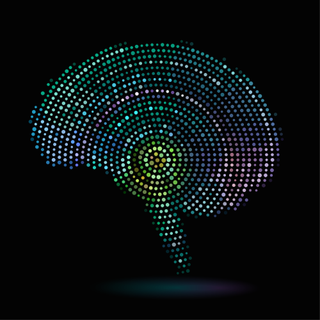Memory-Boosting Research Could Help Soldiers Recall Skills

Soldiers are often under pressure to learn and remember skills from their training up to months or years later, sometimes in the heat of combat. Now, the U.S. military's R&D agency is funding research on ways to boost skill-based memory in soldiers who face these obstacles.
The two-year Restoring Active Memory (RAM) Replay program will fund new computational models for understanding and augmenting the formation and recall of skill-based memories. In addition, the work will be tested in environments that are relevant to the military, as opposed to a typical laboratory setting, officials at the Defense Advanced Research Projects Agency (DARPA) said.
"There can be a huge gap in time between when you learn something and when you actually have to use that training," said Justin Sanchez, the DARPA program manager in charge of RAM Replay. But what if you could boost your memory of a particular skill? [Humanoid Robots to Flying Cars: 10 Coolest DARPA Projects]
Memory 'replay'
Broadly speaking, there are two types of memory. Declarative memory involves consciously recalling information, such as facts or experiences. By contrast, procedural memory is the unconscious information stored when you learn a particular skill, such as how to ride a bike.
DARPA's RAM Replay program is focused on skill-based, or procedural, memory, but the agency is also investigating ways to restore declarative memory. Both programs are part of the Obama Administration's BRAIN Initiative, an ambitious research effort to develop new technologies for understanding the human brain.
All memories are formed by the creation or strengthening of the connections between neurons. Memories are transferred from short-term memory to long-term memory by a mechanism called consolidation.
Sign up for the Live Science daily newsletter now
Get the world’s most fascinating discoveries delivered straight to your inbox.
Previous studies in animals have shown that after memories are stored, they are unconsciously reactivated during sleep and wakefulness. This reactivation has been linked to a process called "neural replay," in which patterns of brain activity resemble the same patterns present when a memory is being encoded. It is this replay process that DARPA aims to harness in order to improve memory.
Boosting memory
Skill-based memory is influenced by a number of things, such as brain activity, environmental factors, sleep, sounds and visual stimuli, Sanchez said. For example, studies have shown that while a person is sleeping, sensory cues (such as a particular smell) or electrical stimulation of the scalp can affect how well that person remembers a skill. [10 Ways to Keep Your Mind Sharp]
"Have you ever studied right before you went to bed, and the timing of that may have had an impact on the dream you had?" Sanchez asked. Many consumer products claim to boost this memory process, but "it's very much hand-waving right now — it's not tied to hard science," he said.
The RAM Replay program aims to fund research to develop models of how memory replay works in the human brain. DARPA scientists want to demonstrate this process in scenarios relevant for the military, Sanchez said.
Naturally, any attempts to tinker with human memory bring up ethical questions. "I really want to be clear: When we talk about memory, we're not going for memory manipulation here," Sanchez said. Nevertheless, DARPA has an ethical, legal and social implications group composed of independent experts in neuroethics, with whom the agency consults regularly, Sanchez said. "We're working in very new spaces here, and our approach is to address the issues head-on," he said.
Follow Tanya Lewis on Twitter. Follow us @livescience, Facebook& Google+. Original article on Live Science.

Most Popular






